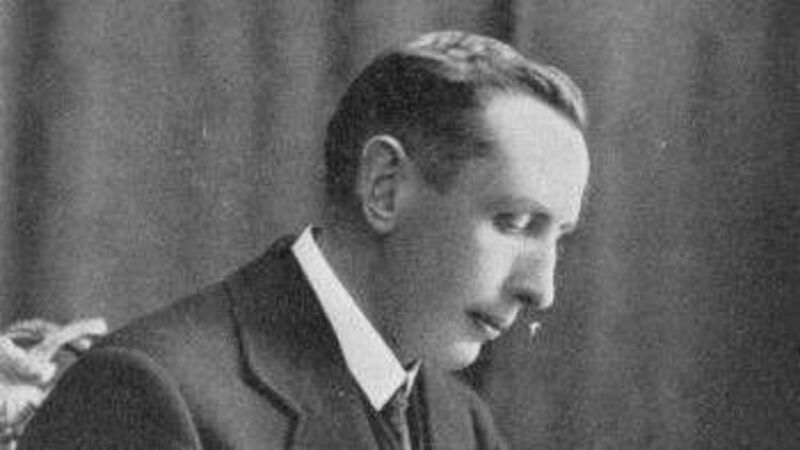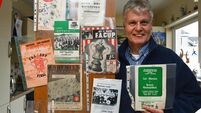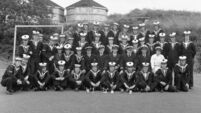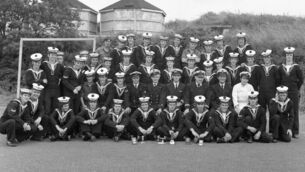Did he win one, or didn't he? Riddle of Macroom’s Olympic medal ‘winner’

TALENT: There is a debate over whether Macroom author TC Murray won an Olympic medal in 1924
IN the 1924 Summer Olympics held in Paris, Ireland competed as a national delegation for the first time - and a Macroom man won a medal... or did he?!
Thomas Cornelius (TC) Murray, a poet, playwright, and novelist, has been credited with receiving a bronze in the literary section of the Games, for his play Birthright, which contained a reference to hurling. Such non-sporting competitions were commonplace in the early Modern Olympics.
A plaque on the house in New Street, Macroom, where he was born in 1873 - 150 years ago this year - certainly proclaims Murray as an “Olympic medallist”.
Various sources down the years have stated this to be true; however, according to the official record for the games, although Murray was a participant in the literature category in 1924, he did not win a medal.
Perhaps there is an old bronze medal lying in the attic of a house in the Cork town that will nail this story down once and for all!
T.C Murray was headmaster of the national school in Rathduff, Co. Cork, and his first play, The Wheel Of Fortune, was produced by the Little Theatre in Cork in 1909. It was revised and renamed Sovereign Love in 1913. Murray had co-founded the theatre with Daniel Corkery, Con O’Leary and Terence MacSwiney.
In 1915, Murray moved to Dublin as headmaster of the Model School at Inchicore, where he remained until his retirement from teaching in 1932.
His play Birthright, which allegedly won him the Olympic medal, was performed in the Abbey Theatre in 1910 and established him as a writer of force. In all, he wrote 15 plays, all of which were produced by the Abbey.
Murray’s most highly regarded works are Maurice Harte (1912) and Autumn Fire (1924), and he also wrote an autobiographical novel, Spring Horizon (1937).
However, he had his critics. Dramatist Sean O’Casey is reputed to have said he “didn’t like to watch Murray’s plays because their unrelieved tragedy affected him too deeply; and he inserted numerous humorous touches into his own plays as a result”.
But the author Daniel Corkery raved about “how Murray often achieves a kind of hidden tension - the very stuff of drama - that (John Millington) Synge only rarely reached and Sean O’Casey knows nothing of”.
In 1924, the Irish Olympic Council had been admitted to the International Olympic Committee after the Free State’s independence from the UK two years earlier.
The team used the Irish tricolour as its flag and Let Erin Remember as its song in the absence of an anthem - Amhrán na bhFiann was adopted in 1926. A traditional Irish song, often played on the bagpipes, Let Erin Remember was also played at the funeral of Cork’s hunger-striking Lord Mayor Terence MacSwiney in 1920.
There were 49 athletes competing for Ireland at the 1924 Games.
The heroes of the event included American swimmer Johnny Weismuller, who won three golds. The 1980s film Chariots Of Fire told of pious Scot Eric Liddell who refused to run the 100m at the Games as it fell on a Sunday. He won the 400m instead.







